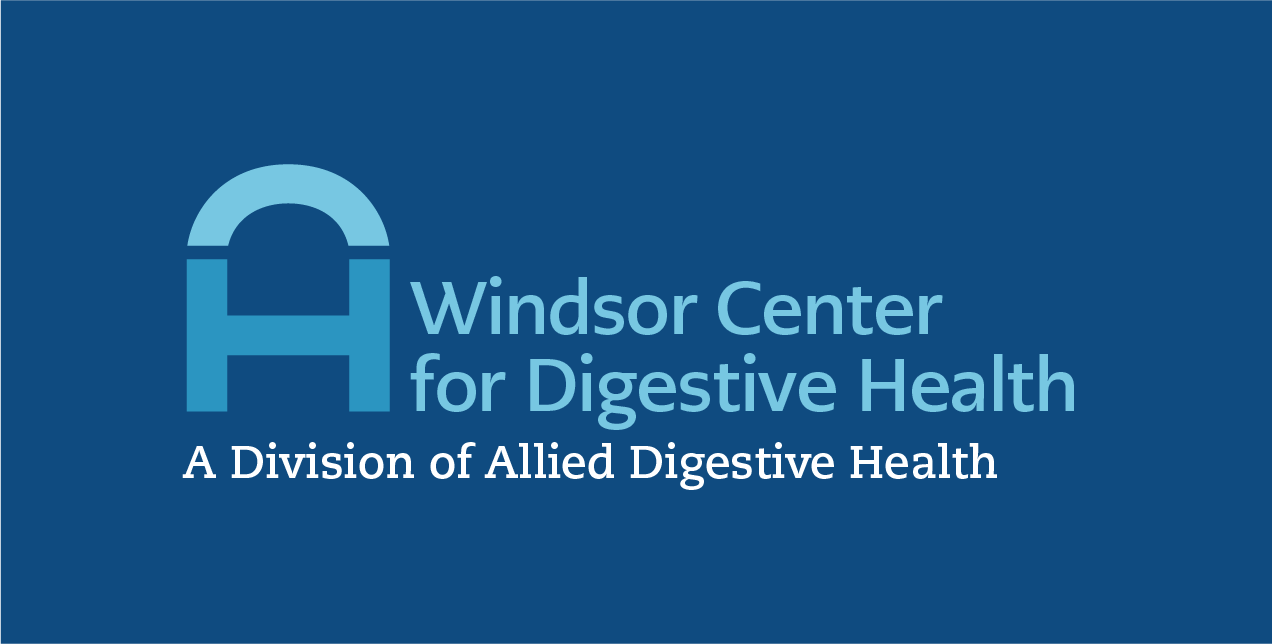Stress & Exercise’s Role in Gut Function

Lifestyle Factors and Digestive Health: Stress & Exercise’s Role in Gut Function
Do you know the tickling feeling of having butterflies in your stomach? Have you ever felt that you were unable to make a difficult decision without feeling pain or discomfort in your stomach? This may be an indication of issues with your gut, and it might be because you have an excessive amount of stress in your life. Today, we will take a look at stress & exercise’s role in gut function.
The Gut-Brain Connection
There is growing evidence that there is a direct connection between your brain and your gut. Harvard Health explains the connection between the two very well by saying:
The brain has a direct effect on the stomach and intestines. For example, the very thought of eating can release the stomach’s juices before food gets there. This connection goes both ways. A troubled intestine can send signals to the brain, just as a troubled brain can send signals to the gut. Therefore, a person’s stomach or intestinal distress can be the cause or the product of anxiety, stress, or depression.
The connection between those essential parts of the body can cause someone who carries an excessive load of stress to notice significant digestive health issues.
Stress and Digestive Discomfort
Speaking with Everyday Health, Kenneth Koch, MD, professor of medicine in gastroenterology at Wake Forest University Baptist Medical Center, stated that stress can impact every part of one’s digestive system. He wasn’t joking when he stated this. The digestive health issues might you face if you are dealing with excessive stress loads include the following:
– Crohn’s Disease: This is an inflammatory bowel disease that can cause swelling of the tissue in the digestive tract. This leads to discomfort and pain in sufferers of this disease. They will feel a disruption in their daily lives and may be unable to bounce back easily from dealing with something like this.
– Irritable Bowel Syndrome (IBS): Those who suffer from IBS know that they often go through a large variety of different uncomfortable and unpleasant experiences when they are dealing with IBS. This includes symptoms such as cramping, bloating, gas, and diarrhea. Those symptoms are disruptive to one’s life and may lead to additional problems that one would rather not deal with.
As you can see, stress can manifest in several ways that are destructive to your digestive health. This provides you with every reason in the world to try to shed some of the stress from your day.
The Role of Exercise in Digestive Wellness
Getting yourself out to exercise is certainly not the easiest thing to do. However, you will find that exercise plays a pivotal role in your digestive health. If you don’t exercise for any other reason, you should at least consider doing so to help improve the quality of your digestive health. AXA Health reports that exercise improves the blood flow throughout your body and improves your digestive health on the whole. They also note that scientific research indicates that regular exercise helps to regulate the bacteria in your stomach and gut. This can make it easier to avoid the worst digestive issues you might otherwise face.
Stress & exercise’s role in gut function are two things that we should not brush aside so quickly. There are many impacts that both of these elements have on all of our lives. The connections show up not only in one’s subjective experience but also in the scientific research that exists on these topics.
Stress & Exercise’s Role in Gut Function: Management Techniques for a Healthy Gut
You don’t want to leave yourself in a situation where stress runs amok in your life and your digestive health becomes a victim of the out-of-control stress that has taken over. There are several techniques that one can use to help reduce and control the amount of stress they have in their lives. A few of these techniques include:
– Breathing Techniques: The way that you breathe impacts the way that your body carries stress. You may want to practice certain breathing techniques. These techniques slow your heart rate, bring down your stress levels, and generally make you feel better overall.
– Mindfulness Exercises: Meditation and other mindfulness exercises can help you reduce your stress levels and improve your digestive health. Clinical studies show that practices such as meditation help reduce the symptoms of depression, anxiety, and other issues.
Managing your stress levels will improve your quality of life in a significant number of ways, including the fact that you can improve your digestive health. Take time out of your day to ensure that your stress levels are managed.
Dietary Choices for Stress & Exercise’s Role in Gut Function
Changing your diet to include more fruits and vegetables is a quick way to see improvements in your digestive health. It is a sad fact that most of us are not getting enough of these healthy foods in our diet regularly. However, any of us can make some changes now to start including the kind of things that will bring balance to your diet.
John Hopkins Medicine states the following about the changes you can and should make to your diet:
Making better food choices involves eating a balanced diet that is rich in fruits and vegetables. These foods provide the fiber needed to build good bacteria and guard gut health. In general, choosing whole foods over processed foods will promote healthy digestion. Processed foods often contain added sugar, fat, and salt. In addition, processed foods may have lost many of their original nutrients during the food manufacturing process.
This means you can make choices to improve your gut health every time you go to the grocery store. Improve your diet and you will notice improvements to your gut health in no time.
When to Talk to Your Doctor
Not every gut health issue can be addressed with a simple change to your diet. If your digestive health situation continues to worsen, you should reach out to a doctor right away. You should also reach out to a doctor if you believe that any of your symptoms could lead to worse health outcomes for you moving forward.
It is so important to take care of your digestive health, and the best way to begin to do so is to ensure that you bring your stress levels down right away. Take measures to make it happen now.
Footer
© All Rights Reserved


